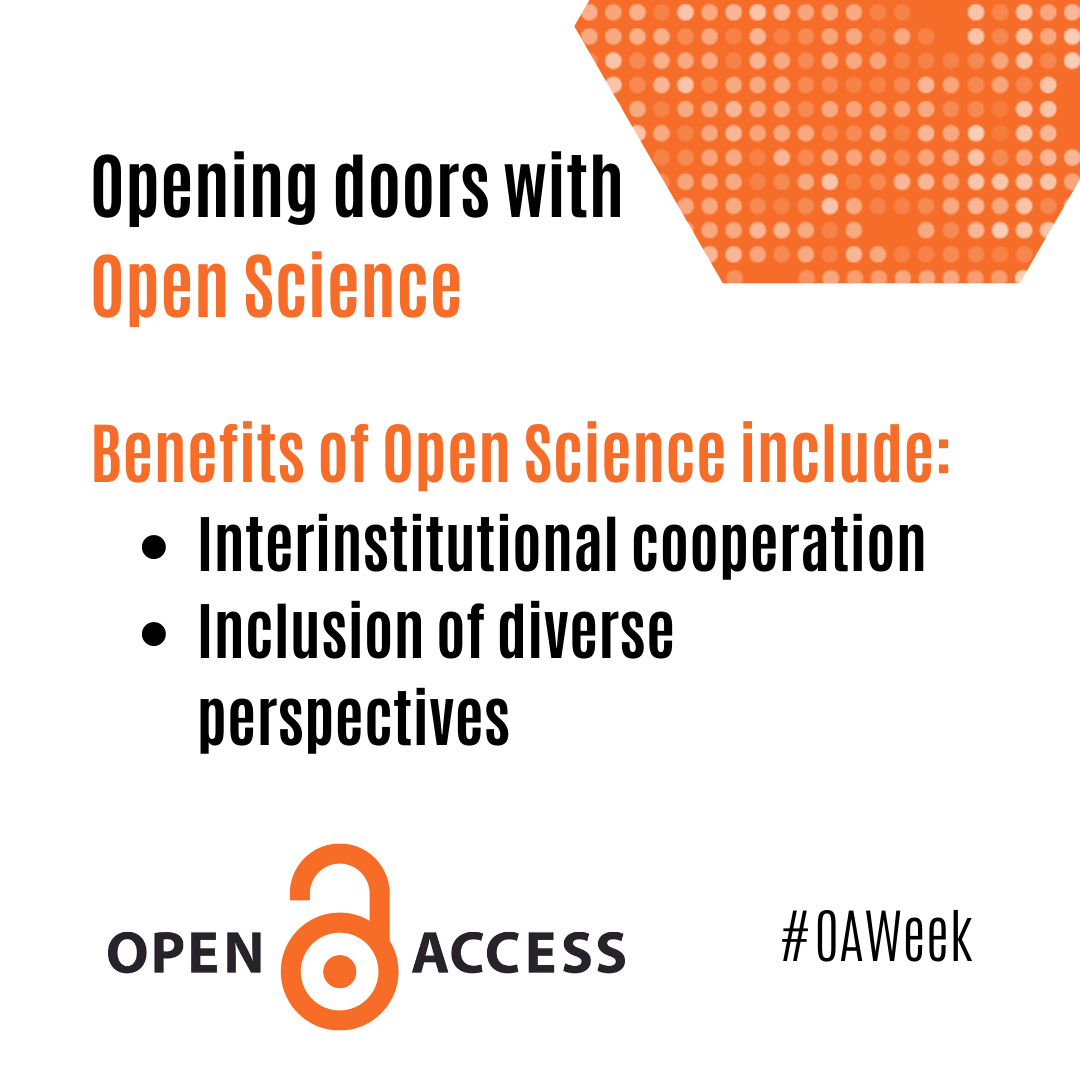In 2019, UNESCO created their Recommendation on Open Science, a set of guidelines to help encourage collaboration across national boarders, language barriers, and institutional divides. Open Science advocates for Open Access, but widens the scope to include Open Data, Research, Evaluation, Policies, and Tools.

Open Science leads to more collaborative and democratic discoveries. Institutions that lack funding may not be able to access the expensive databases that can be the only point of access for important papers and other resources. Removing hurdles is good for everyone! By following Open Science guidelines, publishing in Open Access journals, and making their processes widely available, scientists can ensure that their results are accurate by making their tests easily reproducible. Expanded access means more diverse worldviews are contributing to the science. Learn more about the development of Open Science with the resources below!
UNESCO Recommendation on Open Science. Available: https://en.unesco.org/science-sustainable-future/open-science/recommendation
UNESCO. (2019). Preliminary study of the technical, financial and legal aspects of the desirability of a UNESCO recommendation on Open Science. 40th Session of UNESCO General Conference, Paris. Available: https://unesdoc.unesco.org/ark:/48223/pf0000370291
UNESCO Director-General. (2020). Preliminary report on the first draft of the Recommendation on Open Science. Available: https://unesdoc.unesco.org/ark:/48223/pf0000374409
